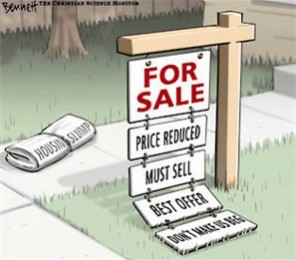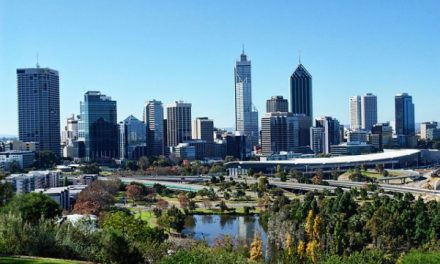Planning to buy a residential property? No matter if it’s meant for you to live in or as a rental property investment, there are a few important factors you need to consider before jumping headfirst into a purchase.
#1 – Budget
Have a budget and stick to it! It is best to have a reasonable budget and search for properties that will suit your needs and fall within your means. Many first-time home buyers and new investors make the mistake of buying properties that they cannot afford and fall flat of expectations, which can affect their credit and financial circumstances and invite unnecessary problems.
#2 – Expected ROI
If you’re investing in real estate to collect rental income, you will have to consider the return on investment (ROI) on your property. Do some research on surrounding areas and properties to help you gauge whether it is worth buying for investment. As a rule of thumb, a property should give over 2% ROI to be worth keeping as an investment, although of course there will be exceptions to every rule.
#3 – New vs Secondary
New properties are often sold during the development’s launching, even before they are completed, which means you will have to wait 2 or more years before you can move in or start to see rental yield (provided you manage to find a tenant immediately, which is unlikely). The advantages to buying a new property are that they require little to no renovation, minimal outfitting (just add the basics for kitchen, living room, bedrooms and bathrooms), and being “brand new”. Secondary properties also have their pros and cons. The advantages are immediate rental returns and a proven location, while disadvantages can include old designs/fixtures and repair/renovation costs.
#4 – Landed vs Strata
These days, people prefer to buy strata properties (e.g. apartments, condominiums, townhouses, etc) because they are more affordable and offer various facilities. However, there are also those who prefer landed properties, as these provide more freedom and there is no need to fork out extra payments such as management and maintenance fees.
#5 – Expected capital growth
For property investors, the potential for price growth is probably the most important, and vital factors to consider are the property’s location, access to schools and shops, land value and the performance of the overall market. Is it near to an upcoming LRT/MRT station? Is there a mall nearby or directly below it? What about colleges or universities in the area? Rental yield is an important aspect for rental properties, but capital growth what determines how much your property is worth 5 to 10 years down the road.
Hopefully these tips can help you lay down the basics of property investment and guide you on your way to success. You can also find out more about property or real estate investment from our other articles here on Estate123 Insight!
*This is a series of short articles from our Maspex 2015 Penang experience. Although the exhibition focuses on secondary property and its corresponding market, most (if not all) of the information here is applicable to the Malaysian property market within the proper context. We hope you find these articles helpful and interesting, regardless of whether you are a real estate agent, property investor, or just a member of the public trying to learn more about property and real estate in Malaysia.






